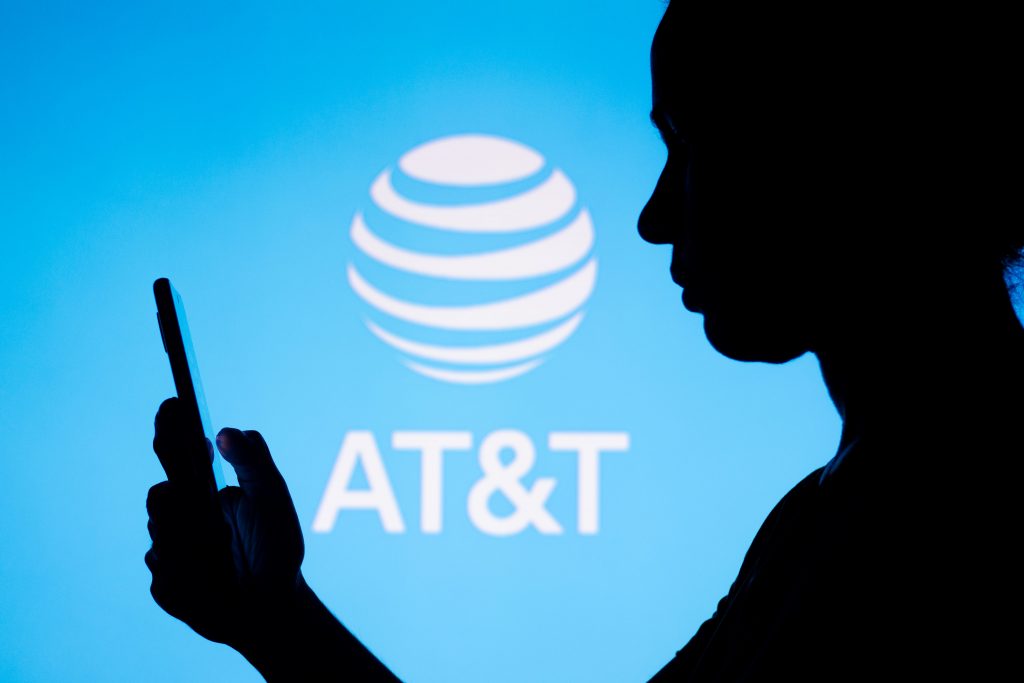- AT&T was the largest publicly traded company to support politicians backing abortion trigger laws.
- The company said it does not donate to politicians based on social issues.
- Diversity consultants said AT&T should further consider the implications of its political spending.
AT&T plans to continue providing financial support to employees who have to travel for abortion care, the company told Insider. The telecommunications giant is the largest publicly traded corporate funder of politicians supporting "trigger laws" intended to automatically ban abortion.
The trigger-ban laws in 13 states were meant to block access to abortion should the Supreme Court overturn Roe v. Wade — which it did Friday, upending nearly 50 years of constitutional protections for terminating a pregnancy.
An AT&T spokesperson told Insider on Friday that the company didn't make political donations on the basis of a lawmaker's stance on abortion, and that AT&T had donated more money to politicians vowing to uphold Roe.
"The health of our employees and their families is important to our company, and we provide benefits that cover the cost of travel for medical procedures that are not available within 100 miles of their home," the spokesperson said in response to a request for comment on the Supreme Court's decision to overturn Roe.
Insider previously reported that AT&T contributed about $1.2 million to leaders backing abortion trigger laws in the US. The company told Insider at the time that its employees had given more money through political-action committees to politicians supporting abortion rights.
The AT&T spokesperson reiterated that point following the fall of Roe: "While no contributions were made on the basis of an official's position on abortion, our PACs over the last two decades have given more to state lawmakers advancing laws protecting abortion access than to those who voted to enact laws restricting abortion access," the spokesperson said.
"Our employee PACs contribute to both parties and focus on policies and regulations that are important to investing in broadband networks and hiring, developing, and retaining a skilled workforce with competitive wages and benefits," the spokesperson said.
Sacha Thompson, the founder of the diversity-consultancy firm The Equity Equation, said AT&T's political donations are problematic. Donations to politicians in favor of abortion rights "does not negate the $1.2 million that was given in support of anti-choice lawmakers," she said.
AT&T is not alone in directly or implicitly supporting abortion rights after donating large sums to lawmakers supporting trigger-law bans. Citi said it will cover costs for workers traveling to get an abortion. Insider previously found that the bank had donated about $285,000 to state legislators who sponsored trigger laws in four states and to governors who signed them into law in five states.
In an era when many employees, consumers, and investors are asking CEOs to take a stand on social-justice issues, AT&T's actions beg the question: To what extent can corporate financing and equity statements be at odds? The answer is striking a balance will likely become more difficult, business consultants said.
"I increasingly struggle with what I perceive to be a lack of integrity around issues of equality," Tara Jaye Frank — a diversity consultant for Fortune 500 companies — said. "Whether we like it or not, extreme transparency has become our norm. The right hand now knows, or will know, what the left hand is doing."
Other companies that supported politicians backing trigger laws on abortion include Exxon, CVS, Walmart, Anheuser-Busch, UPS, and cable-television company Comcast.
"Whether companies can say they stand for DEI and simultaneously fund anti-choice governors and politicians has everything to do with their risk tolerance. Women are almost half the workforce," Frank said, referring to diversity, equity, and inclusion. "In my mind, the risk associated with playing both sides on such a fundamental rights issue is too high."
Laura Morgan Roberts — an associate professor at the University of Virginia's Darden School of Business — said companies must take human rights into account in their business decisions.
"Any company that holds women's rights as part of its core values and strategic DEI platform must address the local political context in which they choose to do business, just as they have considered outside of the US for decades," she said.
Lenora Billings-Harris, a corporate-diversity consultant and author, said business leaders need to adapt to the new level of transparency that many consumers and employees demand of them.
"AT&T and others must review all of their internal and external actions to align them," she said. "Own mistakes, make changes, and continue learning."
Insider's Avery Hartmans, Nicole Gaudiano, Tanya Dua, Kimberly Leonard, Andrea Michelson, Sindhu Sundar, Rebecca Ungarino, and Angela Wang contributed to this report.

